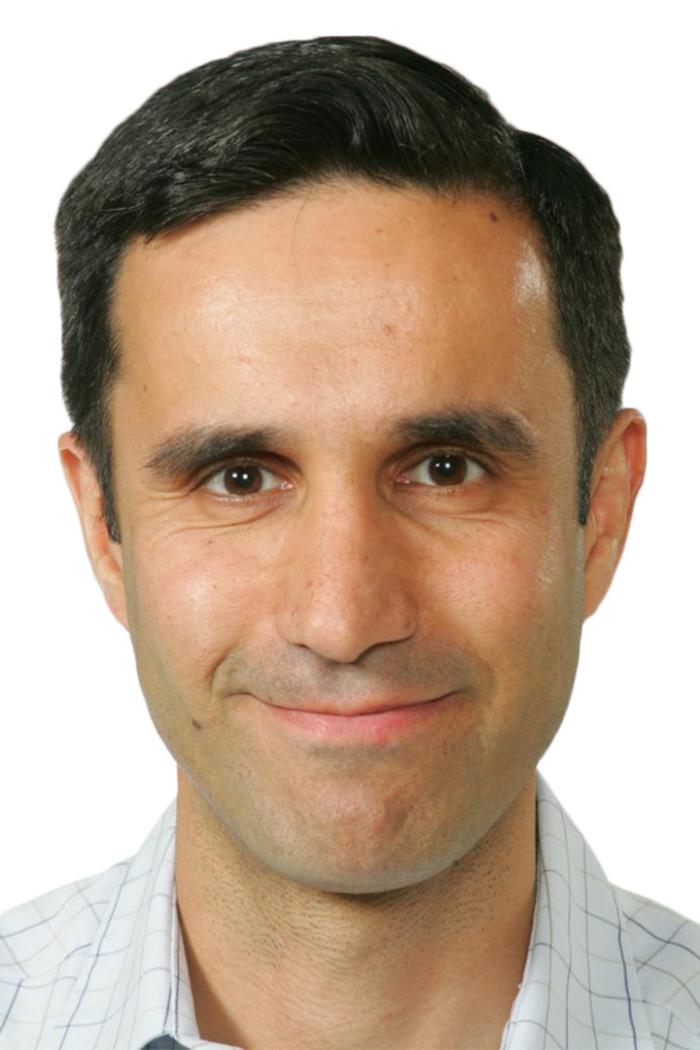Babak Bahador

Babak Bahador
Associate Research Professor and Director of the Media and Peacebuilding Project
Contact:
Babak Bahador has taught and researched in the areas of media, peace and conflict, political communication and public diplomacy since 2006 and is also a senior lecturer at the University of Canterbury in New Zealand, where he teaches for part of each year. In recent years, his research has focused on media and peacebuilding and he is currently co-editing a book on this subject.
Babak was an executive member of the International Communication (ICOMM) section of the International Studies Association (ISA) from 2013 to 2017, serving as section chair in 2015-16. Babak is also the founder of Peace News, a start-up media organization covering peacebuilding efforts in conflict zones. At GW, Babak is spearheading the Media and Peacebuilding Project which aims to bridge the gap between academic research and peacebuilding practice.
Before becoming a full-time academic, Babak was an entrepreneur in Toronto where he started a market research company, Millennium Research Group, that grew rapidly between 1998 and 2005 before being acquired in early 2006.
Media, peace and reconciliation; media, war and conflict; media, foreign policy and public opinion; political communication; international relations theory; foreign policy analysis.
SMPA 3194.11 Media and Peace Building
Bahador, B. (2015) The Media and Deconstruction of the Enemy Image. In V. Hawkins and J. Hoffmann (Ed.), Communication and Peace: Mapping an emerging field: 120-132. Routledge.
Bahador, B., Kemp, G., McMillan, K. and Rudd, C. (Eds.) (2013) Politics and the Media. Pearson.
Bahador, B. (2013) Media, Conflict and Peace. In B. Bahador, G. Kemp, K. McMillan and C. Rudd (Ed.), Politics and the Media: 119-131. Pearson.
Bahador, B. (2013) Media, Foreign Policy and International Affairs. In B. Bahador, G. Kemp, K. McMillan and C. Rudd (Ed.), Politics and the Media: 105-118. Pearson.
Bahador, B. (2013) The State and Propaganda. In B. Bahador, G. Kemp, K. McMillan and C. Rudd (Ed.), Politics and the Media: 48-61.Pearson.
Bahador, B. (2012) Rehumanizing Enemy Images: Media Framing from War to Peace. In K.V. Korostelina (Ed.), Forming a Culture of Peace: Reframing Narratives of Intergroup Relations, Equity and Justice: 195-211. Palgrave Macmillan.
Bahador, B. (2011) Did the War on Terror End the CNN Effect. Media, Conflict and War 4(1): 37-54.
Moses, J., Bahador, B. and Wright, T. (2011) The Iraq War and the Responsibility to Protect: Uses, Abuses and Consequences for the Future of Humanitarian Intervention. Journal of Intervention and Statebuilding 5(4): 347-367.
Tng, S. and Bahador, B. (2010) The changing role of the citizen in conflict reporting. Pacific Journalism Review 16(2): 178-194.
Bahador, B. (2007) The CNN Effect in Action: How the News Media Pushed the West toward War in Kosovo. Palgrave Macmillan.
Ph.D., London School of Economics (2005)
M.A., London School of Economics (1995)
B.A., University of Western Ontario (1993)

